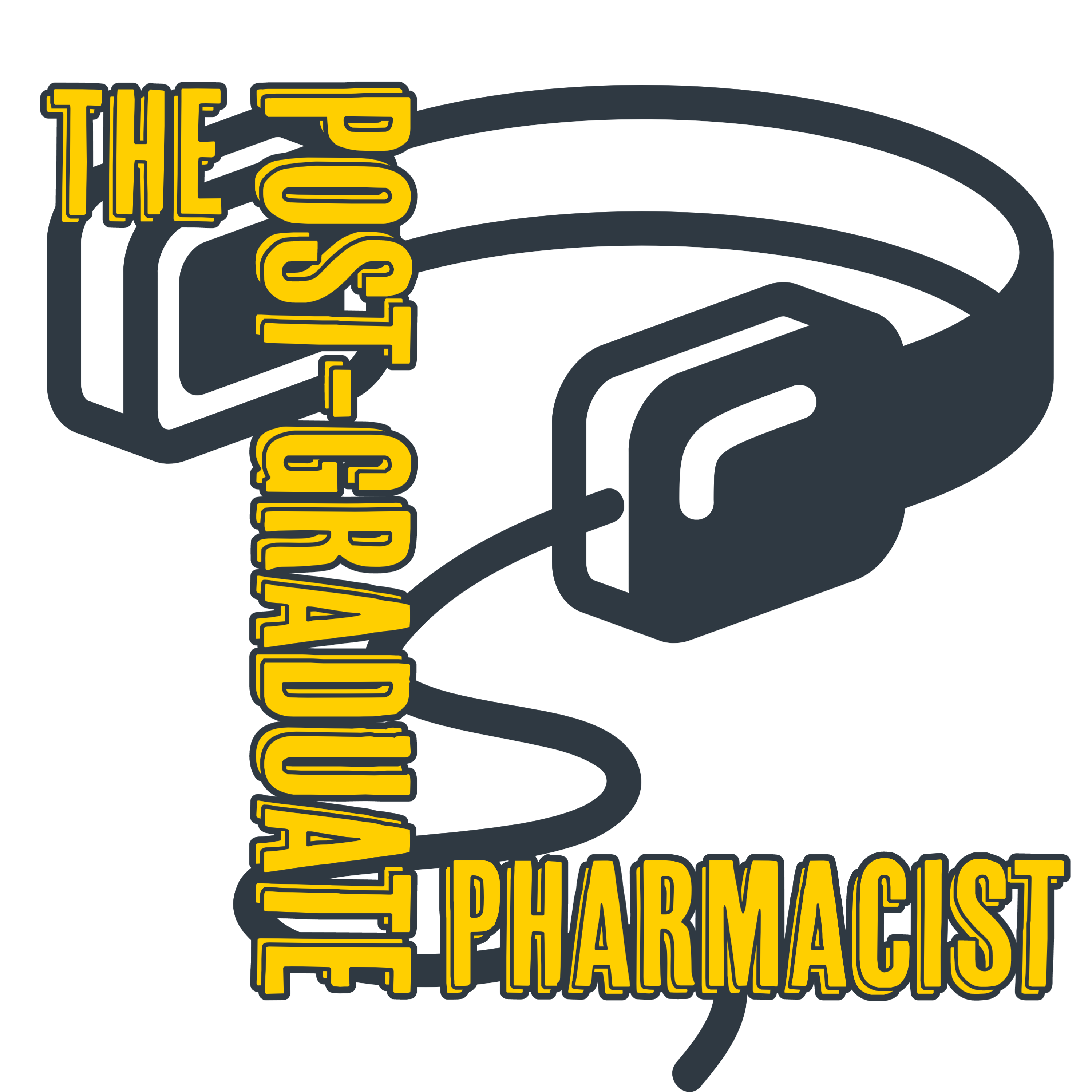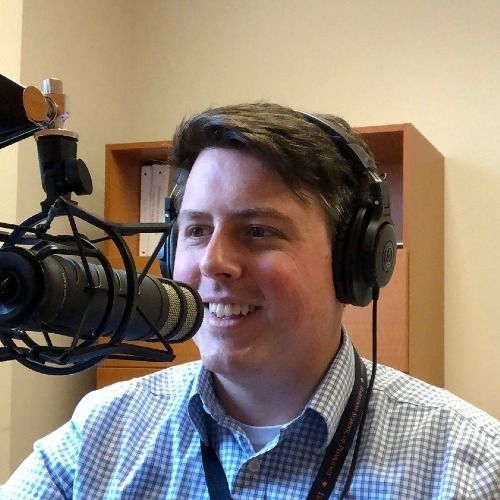Episode 35
Alternate Pathway Series: Specialized Training after Community Residency
We invite Megan Smith, a faculty member and residency program director for one of the largest community pharmacy residencies in the united states, the University of Arkansas for Medical Sciences College of Pharmacy PGY1 Community Pharmacy Residency, BACK for another episode to discuss the biggest questions surrounding community pharmacy residencies.
Community pharmacy residencies can be a spring board for multiple different career paths. One of those paths may involve more research and a fellowship is a perfect way to expand your research and scholarship skills to the next level. Another way may be specialized clinical training in a PGY2 program. In this episode, we explore one of the ways you can get into a specialized training and why you may consider pursing specialized training after PGY1 community-based pharmacy residency.
Questions we ask:
- In your opinion, how common is it for PGY1 community pharmacy residents to go into community residency for the purpose of further training
- Are there types of PGY2 training, or other post-graduate experiences that graduates are more qualified for?
- Like-wise, are there specialties that are closed, or unavailable to PGY1 graduates, outside of obvious ones like critical care.
- If I was a candidate, what advice would you give me while pursing or actively completing a PGY1 if that’s what I wanted to do (i.e. fellowship)?
- Are there certain fellowships or fellowship structures that compliment PGy1 community pharmacy resident graduates?
Key Take-Aways:
- Think about what the NEXT BEST STEP is for you. You may not know where you want to end up, but based on what you like, determine what the next best step is and pursue that. Eventually you'll wind up where you need to be.
- Completing a community-based PGY1 residency means you are eligible for any PGY2 program. The most common program pursued is an ambulatory care PGY2. Even though you are eligible for PGY2s in things like Critical Care and Emergency Medicine, it may be difficult to show the expertise needed to be successful in those types of programs.
- The easiest thing to do if you are interested in additional training is to just go ahead an apply. There is a lot of imposter syndrome and candidates thinking they are not qualified enough when in fact they are.
Check out our website where you can search our episodes, blog, merchandise, and ways to join the SASO squad.
Follow us on twitter @PGPharmacist or on Facebook and Instagram @ThePostGraduatePharmacist and leave us your comments or questions that we did not answer.
Music | "Sweet" by LiQWYD
Watch: https://youtu.be/eIYlaVPdNYM
License: https://www.liqwydmusic.com/how-to-use
Download/Stream: https://hypeddit.com/link/un7fp7

